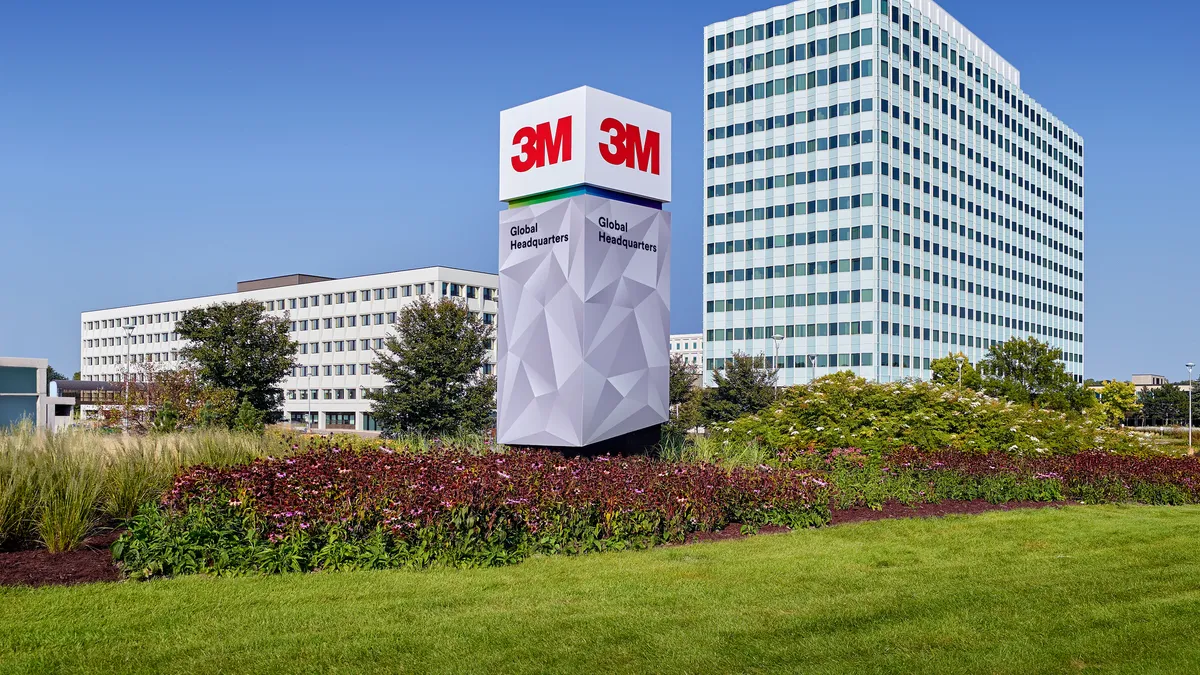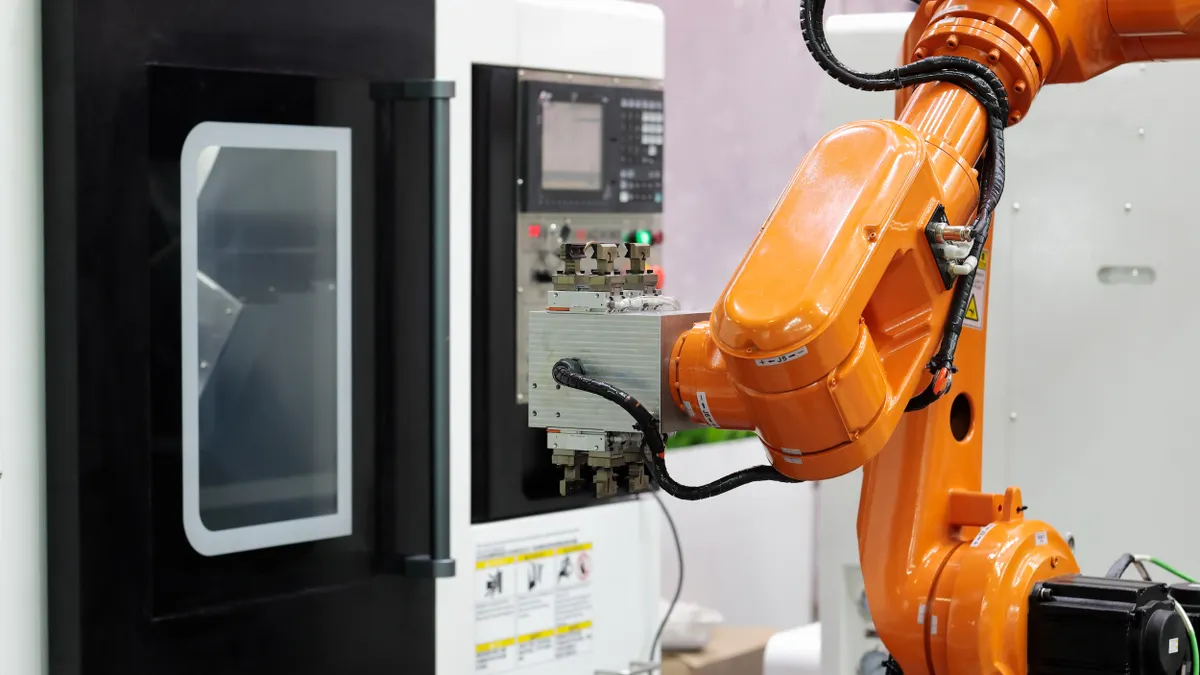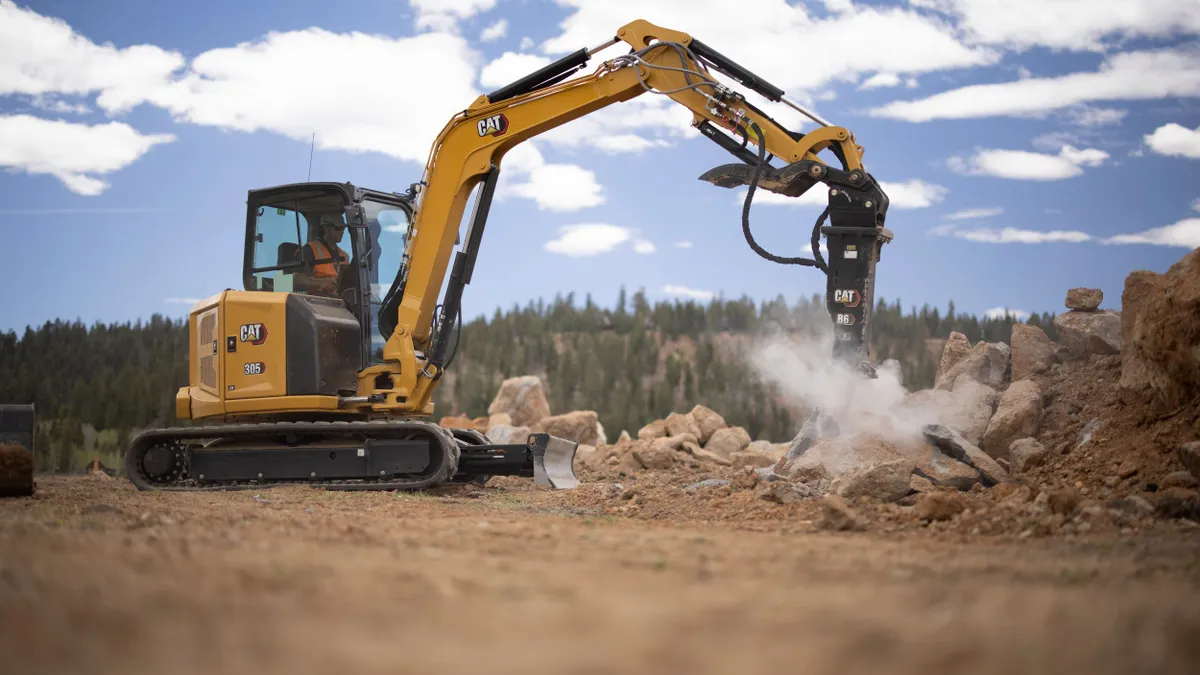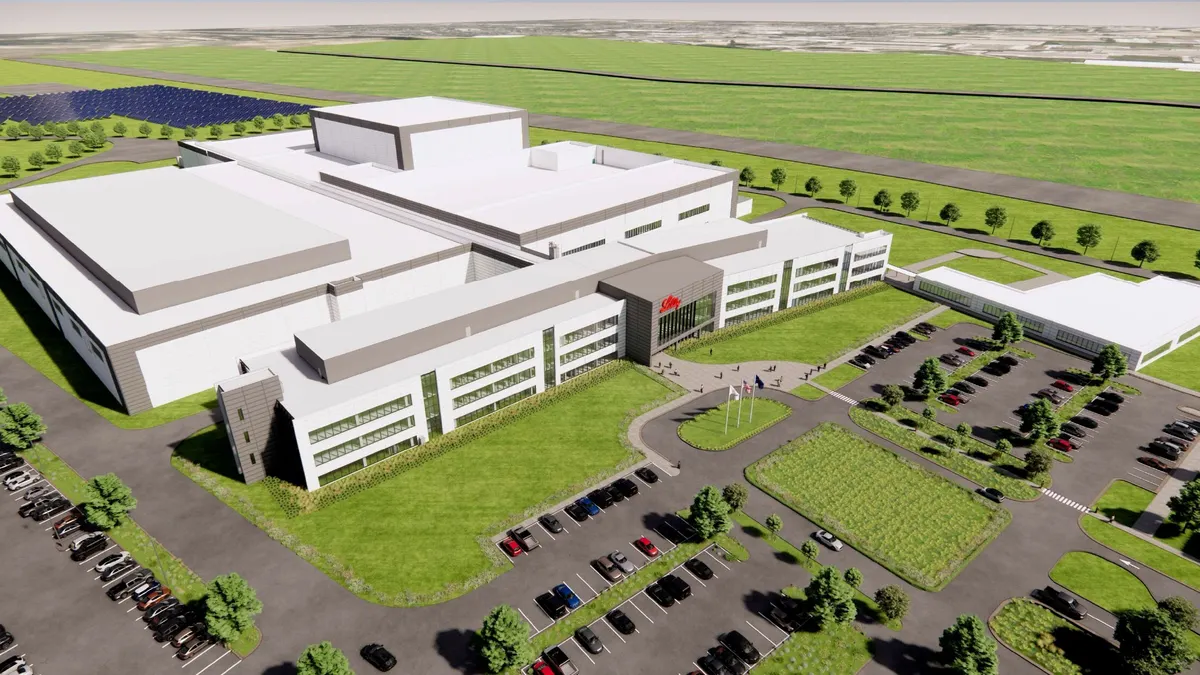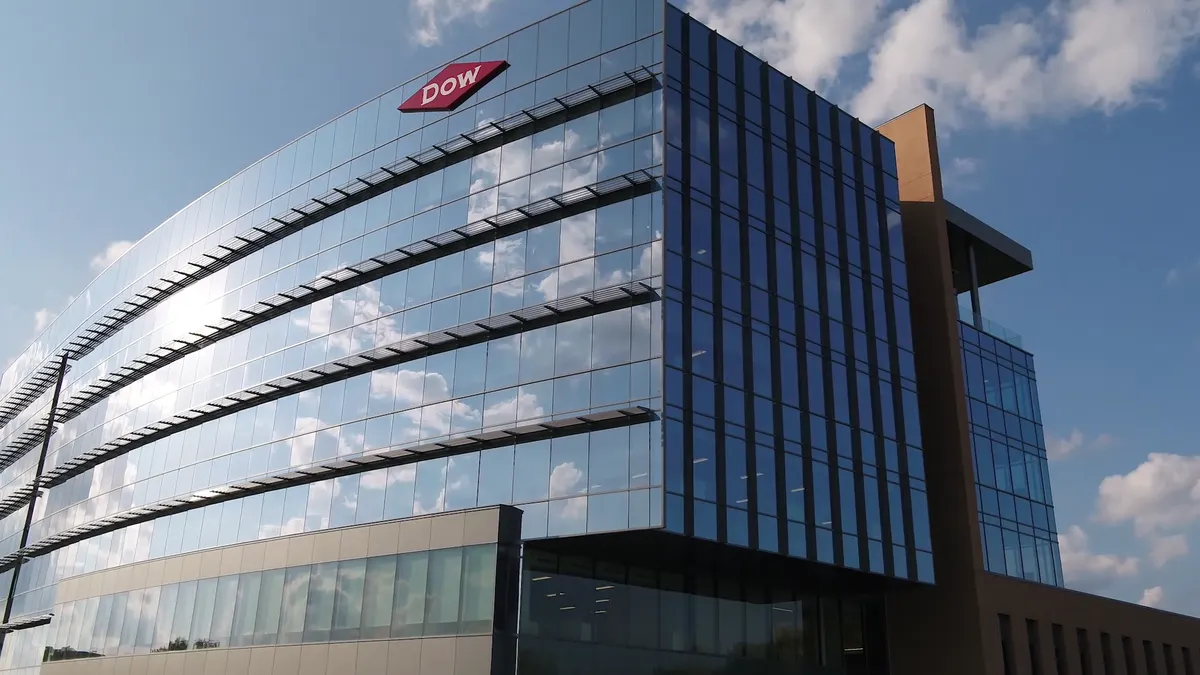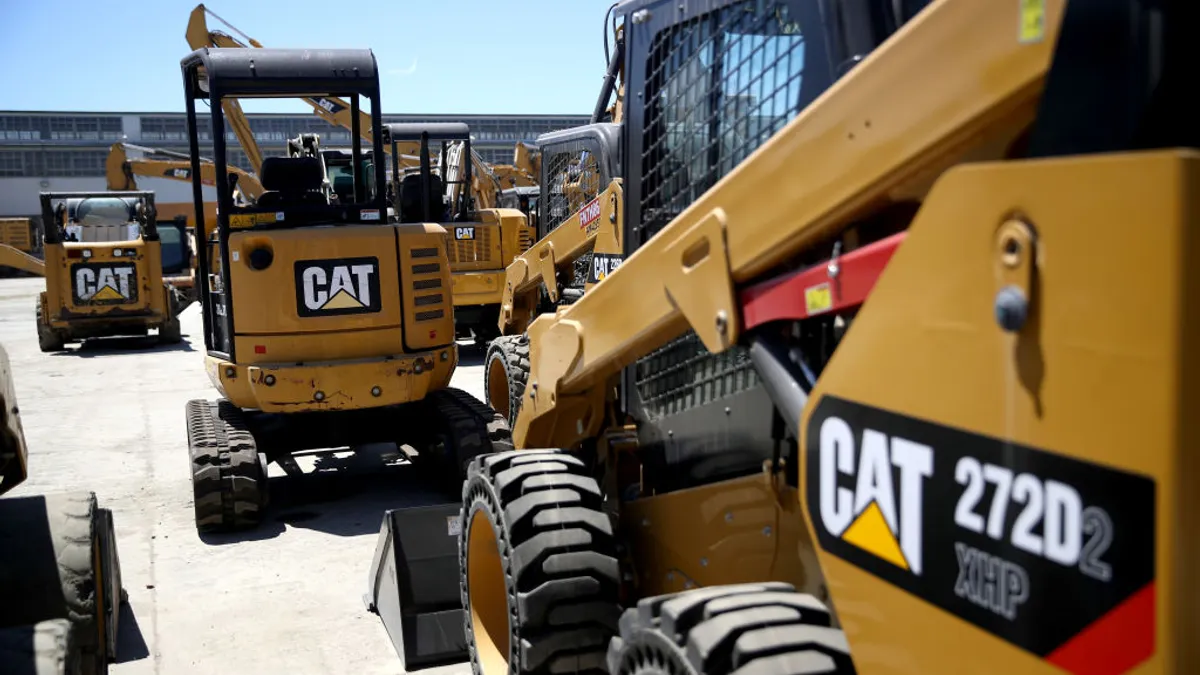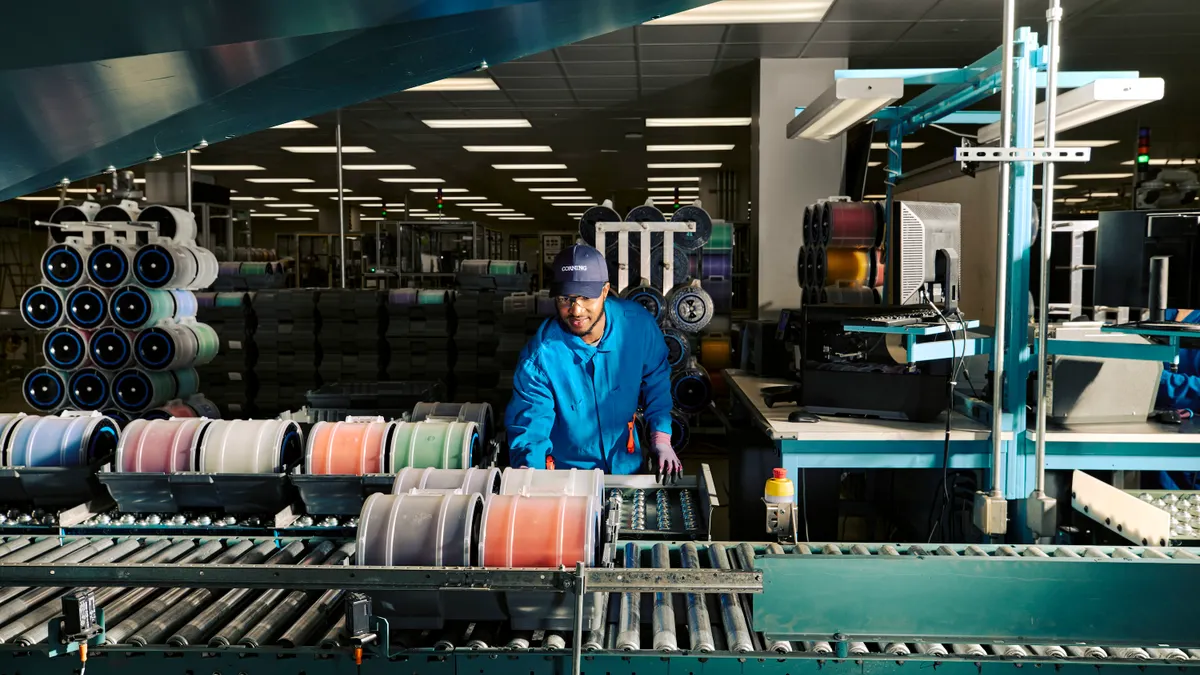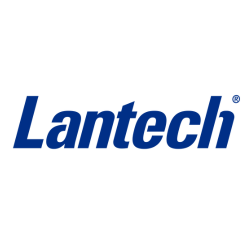Chemical manufacturing titan 3M reached a $6 billion settlement to resolve allegations that its subsidiary Aearo Technologies sold defective earplugs to the military, the company announced Tuesday morning.
3M will pay $5 billion in cash and $1 billion in common stock between this year and 2029, according to the release. The initial payments of up to $660 million are scheduled for this year and will start on Sept. 8, according to an SEC filing.
The use of stock in this agreement will be subject to a hearing, which 3M anticipates the multidistrict litigation court in Florida will hold before the end of the year, 3M EVP and Chief Legal Affairs Officer Kevin Rhodes told analysts on a call on Tuesday.
“This proceeding is specifically focused on the use of 3M common stock as a form of consideration provided to fund the settlement fund,” Rhodes said.
For any claimants that choose not to accept the settlement and instead go through litigation, the courts will establish a process including hearings, mandatory mediation and order, and require fact and expert evidence to proceed, Rhodes said.
“The courts have indicated that they intend to keep this process in place until 2031,” Rhodes said.
The agreement will also settle all claims associated with the dual-ended Combat Arms Earplugs Version 2, or CAEv2, in the multi-district litigation in Florida and state court cases in Minnesota in addition to future claims, according to the release.
The company maintains that it does not admit any liability or wrongdoing.
Aearo Technologies, which 3M acquired in 2008, has been in litigation for over four years regarding CAEv2. In 2018, 3M agreed to pay $9.1 million to resolve allegations that it knowingly sold the earplugs to the U.S. military without disclosing the product’s defects, according to a Department of Justice release.
However, service members and veterans began filing lawsuits shortly after, accusing 3M and Aearo Technologies of manufacturing and selling the defective CAEv2 product, which plaintiffs say resulted in hearing loss and other injuries, such as tinnitus.
Aearo Technologies has received 343,311 lawsuits filed against the company, according to the U.S. Judicial Panel on Multidistrict Litigation. As of Aug. 15, 259,388 cases were still pending. The cases were consolidated in April 2019 and are being tried in the U.S. District Court for the Northern District of Florida.
As a result of the increasing number of cases against it, Aearo Technologies filed for Chapter 11 bankruptcy in July 2022. As part of the bankruptcy, 3M planned to create a fund that would “efficiently and equitably” resolve claims against it related to the earplug case. At the time, 3M committed $1 billion towards the trust, as well as $240 million for case-related expenses.
The court pressed back against 3M’s bankruptcy claim, however, asserting that Aearo Technologies was financially healthy and did not fit the need for bankruptcy.
Whether Aearo Technologies’ bankruptcy case will get court approval is currently unclear. Aearo Technologies appealed a federal judge’s dismissal of its bankruptcy filing on June 12.
Addressing ongoing litigation is one of 3M’s top strategic priorities, CEO and Chairman Mike Roman said on an earnings call in July. In addition to the defective ear plug lawsuits, 3M has also been dealing with lawsuits from states accusing the company of PFAS contamination to their natural resources, environment and public health.
3M proposed a $10.3 billion settlement over allegations it contaminated public water supplies across the U.S. with forever chemicals back in June.
However, a month later, 22 attorneys general across the U.S. filed a motion challenging the settlement. In their motion, the states and U.S. territories said they didn’t have the opportunity to participate in the class settlement approval process and had only three weeks to review the settlement and decide on how it may impact their rights.
3M addressed the attorneys general’s questions, Rhodes said.
“They have withdrawn their objections,” Rhodes said. “So we’re now in a position [where] the parties believe the settlement is fair for the class members and the overall agreement is now before the MDL court for preliminary approval.”


